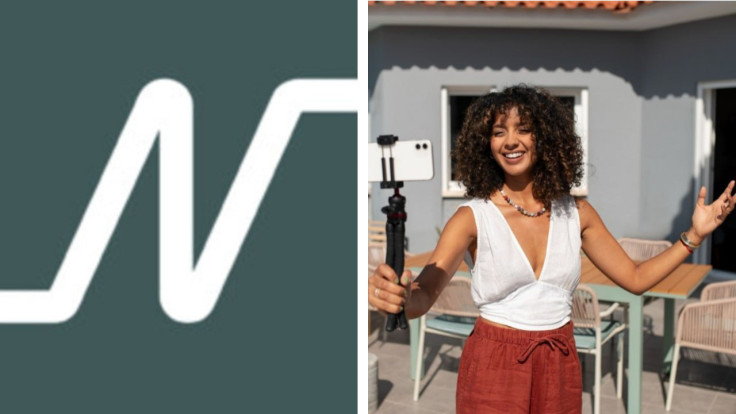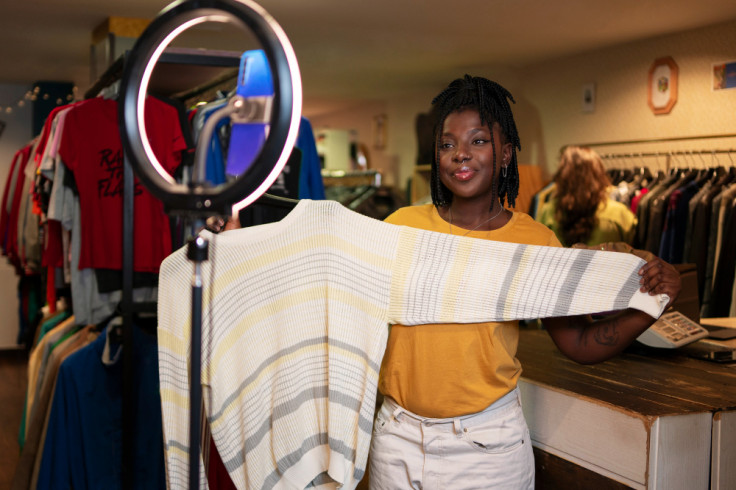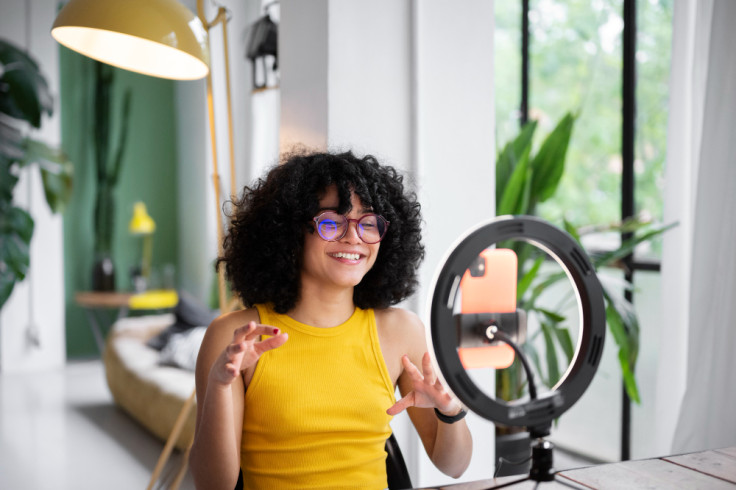Models Eat Free! Inside the Secret App Feeding New York's Hottest Influencers for Social Media Posts
Neon Coat is changing influencer marketing, offering free meals and perks in exchange for social media posts

A members‑only app called Neon Coat is quietly transforming influencer marketing in New York and beyond.
Instead of paying, vetted models and creators post on social media in exchange for free meals, beauty treatments or fitness classes. Businesses get organic reach. Users get experiences. It's a win‑win reshaping urban marketing.
The app has been adopted by over 12,000 models and creators across New York, Los Angeles, Miami, and London, generating more than 350,000 posts for brands since its launch.
As influencer marketing evolves, this barter-style economy is gaining traction among brands eager for organic exposure and creators hungry for perks.
The Rise of the Influencer Barter Economy
Neon Coat operates on a simple premise: influencers with sufficient reach and engagement can access perks from participating brands without spending a penny.
In exchange, they're expected to post about their experience, be it a lavish brunch, a luxury haircut, or even axe-throwing, on Instagram or TikTok.
Participating brands pay a monthly subscription to join the programme, with the cost of posting freebie offers ranging between $400 and $1,500. Pricing depends largely on the nature of the content they aim to create with the selected model or influencer, whether it's a single Instagram story or a comprehensive campaign spanning multiple platforms. The app's tiered structure enables businesses to tailor their outreach according to their budget and desired visibility.
In return, they receive guaranteed social media traffic and visibility from vetted talent. According to Neon Coat, over 1,500 businesses have joined the platform, offering everything from full-course meals to spa treatments.
Who Gets In and Who Doesn't

Access to Neon Coat isn't open to just anyone. Models must have a minimum of 1,000 Instagram followers and a professional portfolio. In comparison, influencers and creators are required to have at least 5,000 followers on either Instagram or TikTok, along with demonstrably high engagement rates.
This gatekeeping ensures that only those with genuine influence can redeem offers, thereby maintaining the app's exclusivity and appeal.
Larissa Drekonja, a former model from Slovenia, launched Neon Coat with Dan Berger and Noah Siegel in 2017. She faced financial strain in New York, living on a US$300 weekly stipend despite modelling rates of around US$10,000 per day. Agencies couldn't cover extras like meals or haircuts. She created Neon Coat to eliminate intermediaries.
A Win-Win for Brands and Creators

For brands, the appeal is clear. Instead of investing in traditional advertising, they tap into the authenticity and reach of influencers who can showcase their offerings in a more organic, relatable way.
A well-timed Instagram story or TikTok video can drive foot traffic and boost brand awareness far more effectively than a billboard or print ad.
'The idea is to support those who create amazing content,' explains Maximilian Arasin, co-founder of INTO, a similar app operating in London, New York, and other global cities.
Restaurants, salons, and boutique fitness studios are among the most active participants, often reserving a set number of slots each day for app users. The exposure they receive, often featuring beautifully curated images and enthusiastic captions, can be invaluable in attracting new clientele.
The Ethics of Freebies and Influence
While the concept may sound like a dream come true for aspiring influencers, it's not without controversy. Critics argue that such platforms blur the lines between genuine recommendations and paid promotions. Moreover, the exclusivity of apps like Neon Coat and INTO raises questions about accessibility and fairness in the influencer economy.
Still, for many young creatives navigating the gig economy, these apps offer a lifeline. With modelling jobs often paying months after completion and the cost of living in cities like New York soaring, the ability to dine out or access services without financial strain can be transformative.
The Future of Influencer Marketing
As social media continues to evolve, so too does the way brands engage with audiences. The rise of apps like Neon Coat signals a shift towards more decentralised, peer-driven marketing strategies. By cutting out the middleman, agencies and PR firms, brands can connect directly with influencers who align with their values and aesthetic.
Whether this model will expand to other industries remains to be seen. But for now, in the bustling boroughs of New York, the phrase 'models eat free' is more than just a catchy headline. It's a reality powered by algorithms, engagement rates, and a whole lot of avocado toast.
© Copyright IBTimes 2025. All rights reserved.





















